What is Environmental Medicine?
Environmental medicine (EM) is a relatively new branch of medicine that explores how the environment interacts with the human body – especially the physical, mental, and emotional responses to environmental factors. Environmental medicine dovetails with other branches of medicine including toxicology, industrial medicine, and public health. EM uses a holistic, systems-wide based model to evaluate how various toxins, pollutants, chemicals, and microbes may be compromising the body.
Those working in environmental medicine leverage the concept of cumulative toxic load – low-level exposure and interaction with various substances in food, water, air, homes, and communities – over time that may compromise fundamental systems which maintain overall wellness and support healthy aging. This field explores the link between the environment and the documented rise in chronic illnesses like cancer, metabolic, neurological, and endocrine disorders.
Where do toxins come from?
In the age of industrialization and modern society, pollutants, chemicals, and toxins are commonly encountered in daily life and range from pollutants that come through the atmosphere to packaging and consumed food. Several examples of chemicals and pollutants are listed below.
Environmental medicine clinicians understand that no two people are alike due to genetic biochemical individuality. Based on this principle and utilizing a patient-centered approach, EM clinicians evaluate how each person’s environmental exposure may be influencing their foundations of health. In addition to toxic load, an EM clinician evaluates genetic variations, nutrient deficiencies, stressors, dietary choices, microbiome status, vitality, and associated conditions that may influence how a patient responds to toxins.
Given that chronic illness is typically caused by many factors, it is important to identify which toxins or elements in the environment are interacting within the body. Many of the above-named chemicals have a direct effect on a variety of tissues, leading to a potential cycle of oxidative stress inflammation. A number of environmental toxins have also been associated with endocrine disruption. Research to date alludes to the inflammation as the key driver of metabolic, neurologic, endocrine, and cellular malfunction leading to a rise in obesity, neurodegenerative disease, autoimmune conditions, reproductive disorders, and cancer.
What a patient can expect at an EM visit
- A comprehensive environmental history questionnaire, medical history & physical exam.
- Conventional and specialty laboratory testing which may include heavy metal testing, toxicant metabolite testing, and other diagnostic tests.
- Individualized treatment plans tailored to meet your unique needs.
- Treatment may include clinical nutrition, lifestyle modification, guidance on reducing toxicant exposures, supplementation, botanical medicine, hydrotherapy, IV therapies, depuration including sauna therapies & pharmaceutical medications.
Environmental Medicine Directory
Access to the Greatest Minds in the Industry


